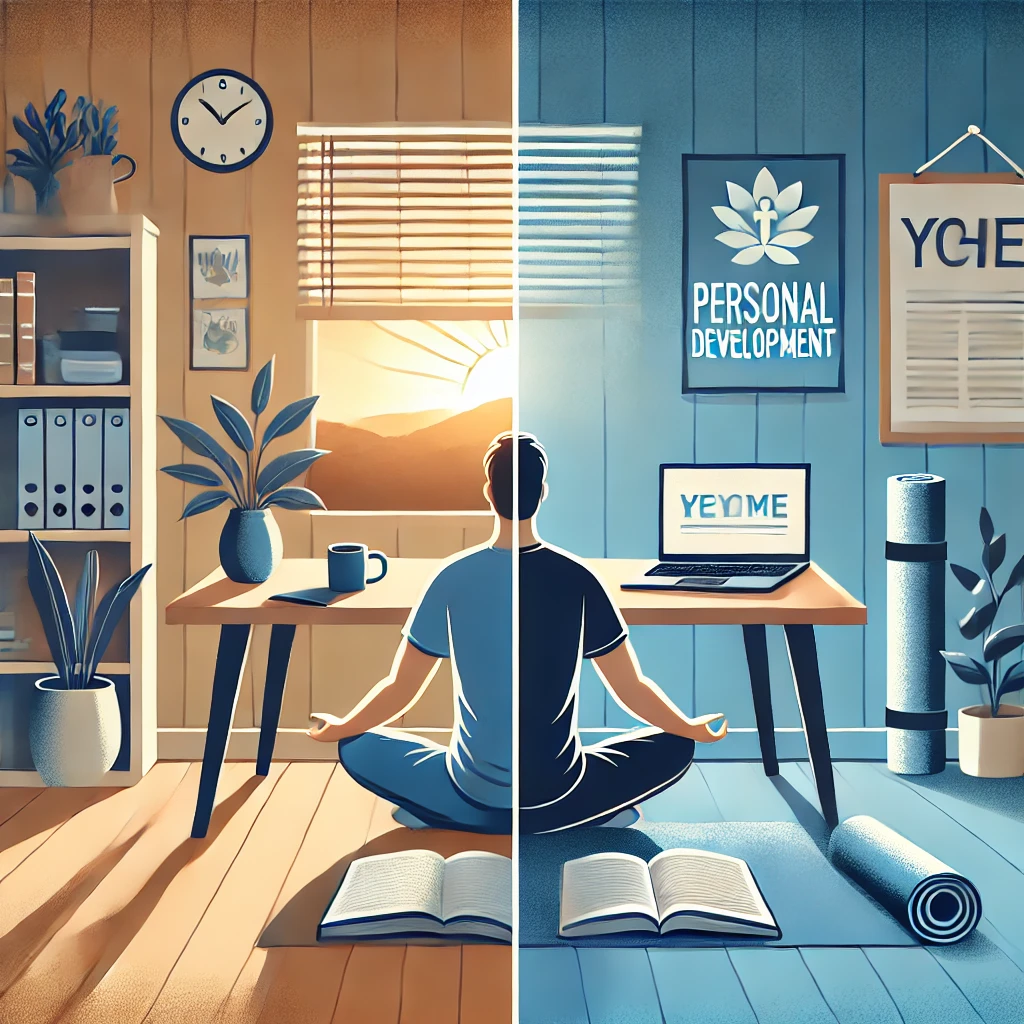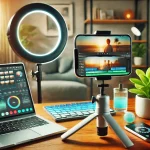Balancing work and personal development is a challenge many individuals face in today’s fast-paced world. With the demands of a job often taking precedence, personal growth can sometimes be sidelined. However, achieving a harmonious balance between the two is crucial for overall well-being and success. This article outlines effective strategies to help you balance work commitments with personal development goals.
Understanding the Importance of Balance
Why Balance Matters
- Mental Well-being: A balanced life reduces stress and burnout, leading to improved mental health.
- Career Growth: Personal development enhances skills and knowledge, making you more valuable in your job.
- Life Satisfaction: Engaging in personal interests and growth activities leads to a more fulfilling life.
Setting Clear Goals
Define Your Objectives
Before you can balance work and personal development, it’s essential to define what you want to achieve in both areas.
- Work Goals: Consider what you want to accomplish in your career. This could include promotions, skill enhancements, or networking.
- Personal Development Goals: Identify areas you want to grow in personally, such as learning a new language, improving physical fitness, or developing a hobby.
SMART Goals
Use the SMART criteria to set your goals:
- Specific: Clearly define what you want to achieve.
- Measurable: Determine how you will measure progress.
- Achievable: Ensure your goals are realistic.
- Relevant: Align your goals with your values and long-term objectives.
- Time-bound: Set a deadline for your goals.
Time Management Strategies
Prioritize Your Tasks
Effective time management is crucial for balancing work and personal development. Use tools like the Eisenhower Matrix to prioritize tasks based on urgency and importance.
- Urgent and Important: Do these tasks immediately.
- Important but Not Urgent: Schedule these tasks for later.
- Urgent but Not Important: Delegate if possible.
- Neither Urgent nor Important: Eliminate these tasks.
Create a Schedule
Develop a weekly schedule that allocates time for both work and personal development. Consider the following tips:
- Block Time: Dedicate specific blocks of time for personal development activities.
- Use Breaks Wisely: Utilize short breaks during work to engage in quick personal development activities, like reading or practicing a skill.
- Evening or Weekend Focus: Reserve evenings or weekends for more extensive personal development projects.
Incorporating Personal Development into Your Work Life
Learn at Work
Look for opportunities to learn and grow within your current job. This could include:
- Taking on New Responsibilities: Volunteer for projects that challenge you.
- Seeking Mentorship: Find a mentor who can guide you in your personal and professional growth.
- Participating in Training: Attend workshops, seminars, or online courses offered by your employer.
Network and Collaborate
Engage with colleagues who share similar interests in personal development. Collaboration can lead to shared learning experiences and accountability.
- Join Professional Groups: Participate in industry-related groups or forums.
- Engage in Team Learning Activities: Suggest team-building exercises that focus on skill development.
Setting Boundaries
Learn to Say No
Establishing boundaries is essential for maintaining balance. Don’t overcommit to work projects that can hinder your personal development efforts.
- Assess Commitments: Regularly evaluate your workload and personal commitments.
- Communicate Clearly: Be honest with colleagues about your availability and priorities.
Disconnect from Work
To focus on personal development, it’s vital to disconnect from work when your day ends. Consider the following:
- Set Work Hours: Stick to designated work hours and avoid checking emails or messages after hours.
- Create a Transition Ritual: Develop a routine that signals the end of the workday, such as taking a walk or practicing mindfulness.
Embracing Flexibility
Adapt and Adjust
Life can be unpredictable, and sometimes work demands may increase. Be prepared to adapt your personal development plans accordingly.
- Reassess Goals Regularly: Periodically review your goals and adjust them based on current circumstances.
- Stay Open to Change: Embrace new opportunities for learning that may arise unexpectedly.
Finding Support
Seek Accountability
Finding support from friends, family, or colleagues can help keep you accountable in your personal development journey.
- Join a Group: Participate in a study group or a community of like-minded individuals.
- Share Your Goals: Communicate your goals with others who can encourage and motivate you.
Celebrate Achievements
Recognizing and celebrating your accomplishments, no matter how small, can boost your motivation.
- Track Progress: Keep a journal or use apps to monitor your progress in both work and personal development.
- Reward Yourself: Treat yourself for reaching milestones in your personal growth journey.
Conclusion
Balancing work and personal development is a continuous process that requires intentionality and effort. By setting clear goals, managing your time effectively, incorporating learning into your work life, setting boundaries, embracing flexibility, and seeking support, you can create a fulfilling balance that enhances both your career and personal growth. Remember, investing in yourself is one of the best decisions you can make for your future.



